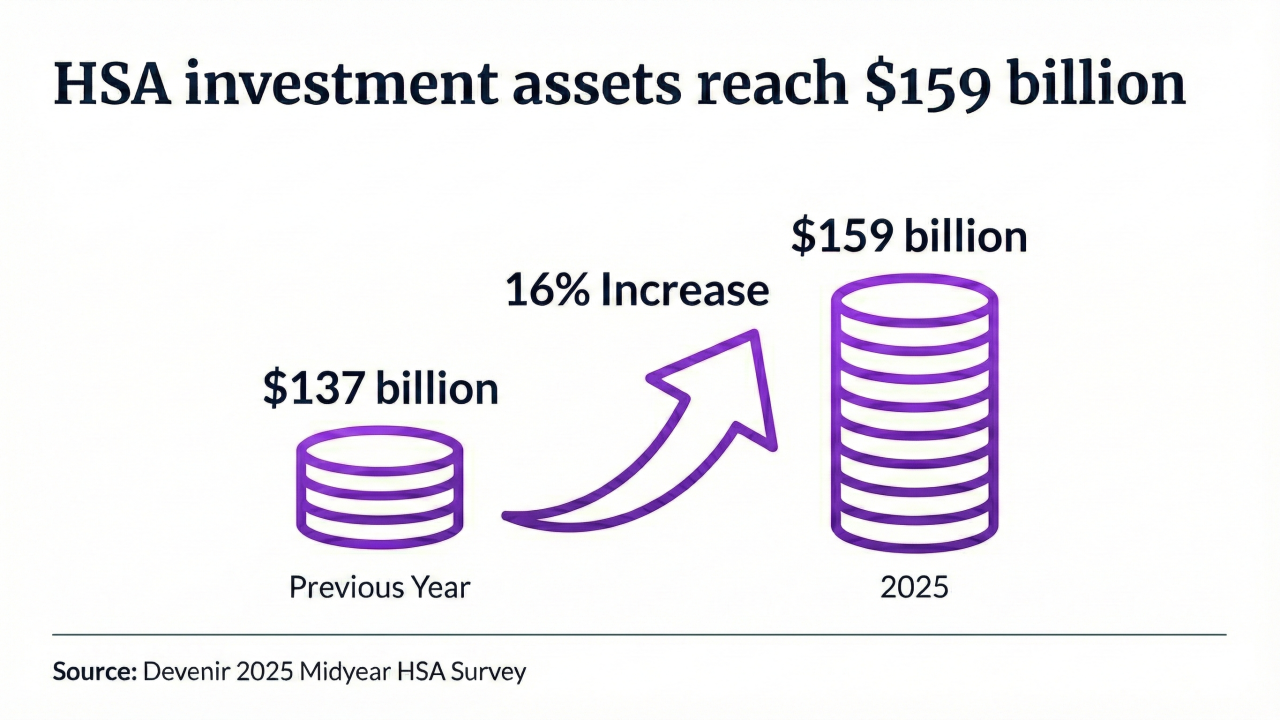From excessive paper usage and unnecessary energy consumption to poor inventory management, workplace waste can drain resources, inflate costs, and harm your company's reputation.
Making small, sustainable adjustments to minimize waste can bring significant benefits to your operations, employees, and the planet.
1. Greater cost savings
Implementing waste reduction strategies in the workplace can lead to cost savings over time. By minimizing your consumption of resources, such as paper, energy, and single-use products, you can reduce operational expenses.
Read more:
For example, transitioning to a digital-first system not only cuts down on paper and printing costs but also simplifies document management. Additionally,
2. Enhanced employee health and safety
Promoting enhanced health and safety in the workplace goes hand in hand with sustainability efforts. When looking at
Cutting down on waste improves indoor air quality by reducing pollutants and creating a healthier environment for employees. A safe and healthy workplace fosters productivity and reflects a company's dedication to its most valuable asset: its people.
3. Improved corporate reputation
Creating a safe and healthy workplace benefits employees while enhancing the company's reputation. Business leaders who prioritize the well-being of their workforce have a reputation as socially responsible and ethical, which can attract clients, investors, and top talent.
Read more:
A positive corporate reputation built on safety, sustainability, and care for employees can develop trust and loyalty among stakeholders. Long-term goodwill can differentiate a company from its competitors and contribute to lasting success in the market.
4. Reduced environmental impact
Implementing sustainable practices within a company benefits the environment and creates long-term value for the business.
By reducing energy consumption, minimizing waste, and incorporating renewable resources, business owners can lower their ecological footprint. Learning about and investing in eco-conscious practices can help leaders meet their sustainability goals.
5. Increased productivity
Implementing sustainable practices not only benefits the environment but also enhances productivity within organizations. By streamlining operations, reducing inefficiencies, and adopting innovative technologies, business leaders can create a more effective workflow.
Read more:
Employees will feel more motivated and engaged when working for a company that prioritizes sustainability. Additionally, fostering a culture of efficiency and adaptability ensures that teams can optimize their performance while contributing to long-term organizational success.
Invest in the future of your business and the environment
Workplace leaders who adopt proactive waste-reduction strategies today will see exponential returns tomorrow. The benefits of reducing waste in the workplace are a hallmark of successful modern enterprises.






